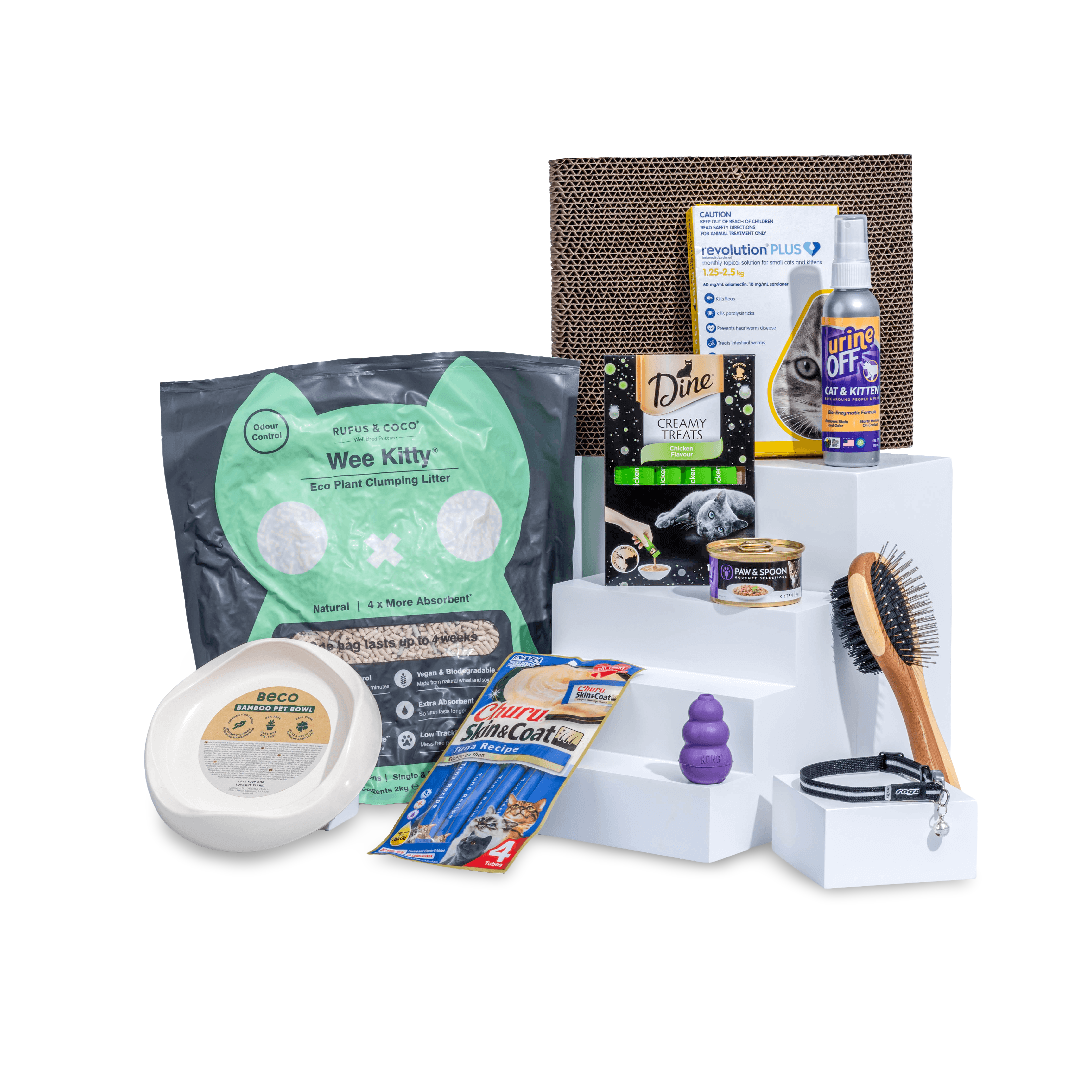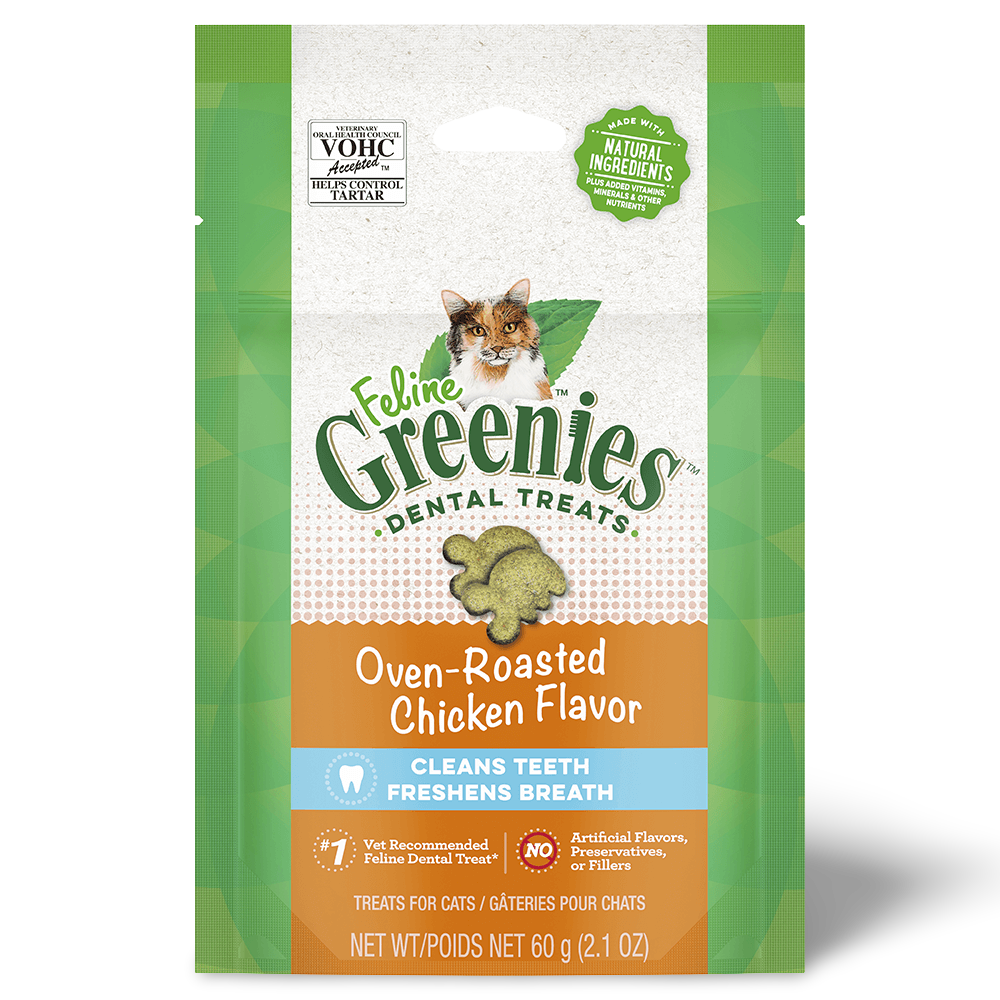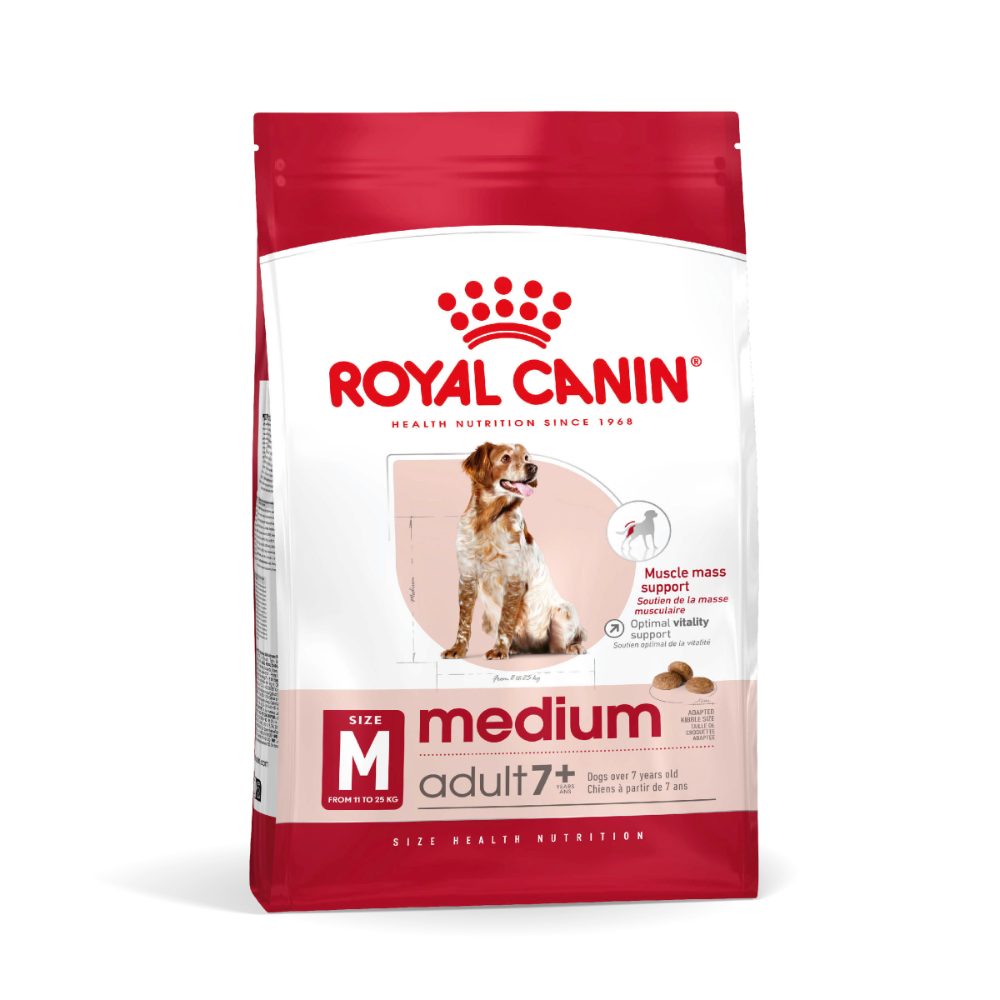How Often Should Your Pet Visit The Vet?
This article is written by Pet Circle veterinarian,
We all want our fur babies to be happy and healthy, and it is our responsibility as pet parents to ensure that our pets are receiving necessary and regular medical care. Pets are not always the best at telling us how they feel, so regular veterinary visits are recommended to ensure optimal health for your pet.
So how often should your pet go to the vet and why are regular appointments so important?
How Often Should Your Pet Visit The Vet?
Regular Health Checks
Regular check-ups with a veterinarian are recommended to ensure your pet is up to date with their vaccinations and to do a thorough health check. A physical examination or health check involves your veterinarian checking your pet's heart rate, respiration, eyes, ears, teeth and skin for any abnormalities. These health checks are a great way for a trained professional to assess your pet's general health and detect any subtle changes that may indicate an underlying health problem. In general, the earlier a health condition is detected the earlier treatment can begin, ensuring optimal health and well-being for your pet.
The frequency of these recommended health checks depend on your pets current age or life-stage. Below is a guide to how regularly your pet should see the vet.
Puppies and Kittens (Birth - 1 year of age)

In the first year of life, puppies and kittens need to visit the vet regularly. When you first bring your new fur baby home it is recommended to take them to the vet for a first check-up. Your vet will carry out a thorough health check to ensure your new pet is fit and healthy and advise a vaccination and preventative program.
Typical vaccinations for puppies and kittens involve 3 injections spaced approximately 4 weeks apart. These usually occur at 6-8 weeks of age, 12 weeks of age, and 16 weeks of age but can vary depending on your location and the type of vaccine your vet uses.
Most vets recommend desexing your pet at around 6 months of age, but this can vary depending on your pet's breed or size.
For a comprehensive guide on puppy and kitten care, read our veterinary written articles New Puppy Guide or New Kitten Guide.
Adult Dogs and Cats (1-7 years of age)

Adult dogs and cats should visit the vet annually for vaccination boosters and for a thorough health check. As well as carrying out a full physical examination, your veterinarian will also monitor your pet's weight and check their dental health, as obesity and dental disease can be common medical concerns for this age group.
For more information on Dental Disease, read our veterinary written article Dental Care For Dogs or Dental Care For Cats.
Senior Pets (older than 7 years)

As pets age, just like people, health issues can become more prevalent. For senior pets, a health check with your veterinarian every 6 months is recommended to identify any health concerns early as well as continue with annual vaccinations and regular preventatives. Some veterinarians may recommend an annual blood test to screen for common senior health concerns.
Some common health issues affecting senior pets include arthritis, dental disease, kidney issues and endocrine disorders. If your pet is diagnosed with a chronic health condition, more regular appointments may be required to help manage this condition and any treatment or medication required.
For more information on how to look after your senior pet, read our veterinary written articles Arthritis Care For Dogs or Looking After Your Senior Cat.
Accidents and Illness

If your pet is unwell or has been involved in an accident, then it is important for them to be seen by a veterinarian as soon as possible. If this occurs on the weekend or during the night, then your regular veterinarian may not be open and a 24 hr emergency centre or after-hours veterinarian may be required. Check with your regular vet which after-hours service in your area they recommend.
Serious conditions that require immediate veterinary care:
⢠Open wound⢠Trouble breathing
⢠Traumatic injury/ broken bones
⢠Vomiting or Diarrhoea for longer than 24hrs
⢠Snake bite or Tick Paralysis
⢠Ingestion of Toxic Substance
⢠Bleeding from eyes or mouth
⢠Unconsciousness
⢠Trouble giving birth
For more information, read our veterinary written articles Toxic Plants or Tick Paralysis in Dogs and Cats.
Further Reading
Are Your Feeding an Age Appropriate Diet
Your Guide To Fleas, Ticks and Worming
How To Make Dental Care Easier
Tick Paralysis in Dogs and Cats
Shop All Dog and Cat Products Now
Want to know more? Check out our Discover Page for more tips on keeping your pets happy and healthy.



































